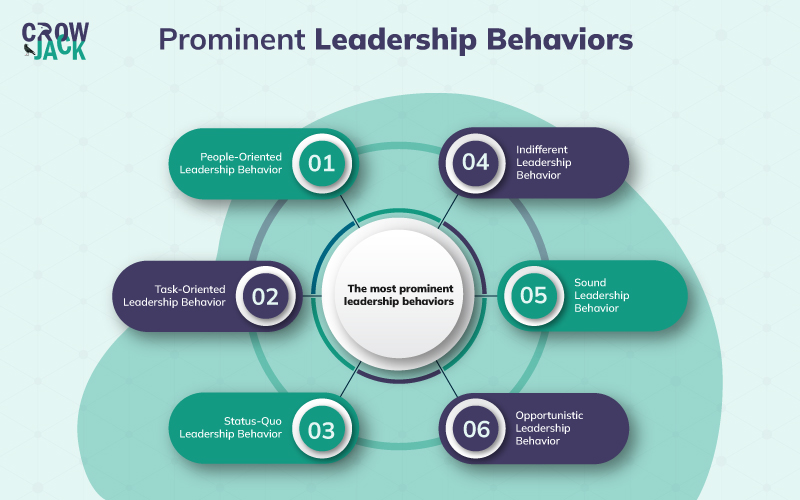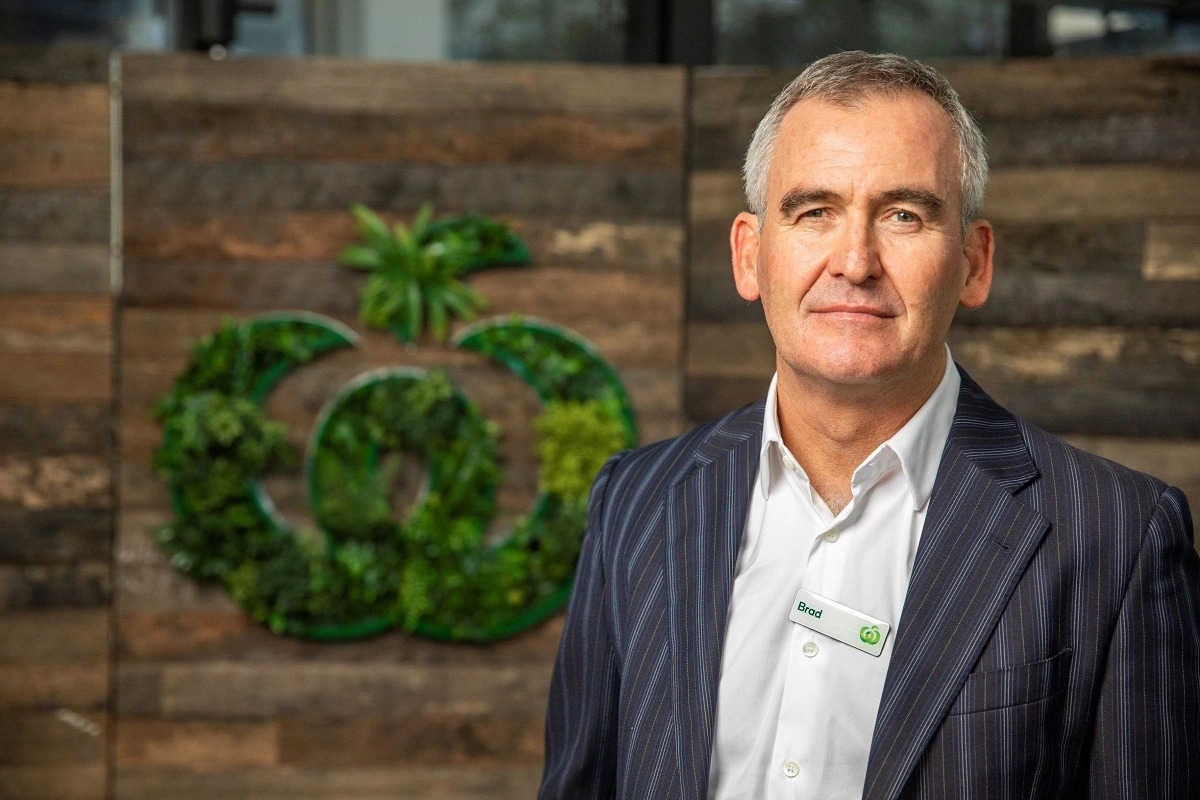Overview
While The Great Man Theory states that leaders are born with natural capabilities and cannot be made, the Behavioral Theory of Leadership presents a counterview to that assertion. This theory rather propagates the idea that leadership capabilities develop over a course of time and are no one is really born with innate leadership qualities. To elucidate, as per the theory, anyone can emerge as a great leader with continuous learning and the incorporation of specific leadership behaviors.
The origins of the theory go back to the 1950s when Doctor Rensis Lickert put forth a study to determine the behaviors correlated to effective leadership. Furthermore, the effectiveness of leaders as per the theory is evaluated on the basis of how they conduct themselves in the workplace in terms of their actions and behavior. Furthermore, the theory suggests different kinds of leadership behaviors that leaders commonly manifest or should try to implement.
Given below is a list of the common leadership behaviors proposed by the theory.
Table of Contents
Common leadership behaviors

1. People-Oriented Leadership Behavior
People-oriented leaders are largely driven by effective communication and collaboration with people. They manifest behaviors that enable them to meet the expectations of the people they are working with. Also, they lay great emphasis on interpersonal connections to keep their subordinates motivated at all times by building trust.
2. Task-Oriented Leadership Behavior
Task-Oriented leaders are more focused on defining, explaining, and achieving objectives. They endorse authoritarian behaviors as they try to exert influence on their subordinates to get tasks done. For these leaders, the end result or the outcome is far more important than the day-to-day process and growth. They clearly establish the instructions and paths for once and expect employees to deliver on them.
3. Status-Quo Leadership Behavior
Status Quo Leaders aim at creating an ideal balance between driving high productivity among employees and looking after the satisfaction of employees simultaneously. Their behavioral attributes include equitable distribution of tasks, responsiveness to feedback, tracking progress in a regular manner, and maintaining fair work ethics while addressing ethical issues with immediate effect.
4. Indifferent Leadership Behavior
Sound leaders give equal priority to the pursuit of deriving the highest work efficiency from employees and keeping team morale high. Sound leaders extend value to their team members and help them in setting and achieving measurable goals. Besides, sound leaders are highly motivated and find great satisfaction in playing a proactive role in their team’s success. The strongest behavioral traits that they exhibit are showing trust in employees, open communication, and mentoring programs.
5. Opportunistic Leadership Behavior
Opportunistic leaders manifest different leadership behaviors are per the demand of the situation. Moreover, opportunistic leaders are highly goal-oriented and for them, the completion of goals matters the most. Having said that, they are ready to go to any extent to make an opportunity count and achieve the expected outcomes. They are uncompromising on results, show inconsistent behaviors contingent on what the situation is like, and may even portray dictatorial behaviors at times to get tasks completed as per the deadline.
Relevance of the theory in the contemporary corporate world
The behavioral theory of leadership finds great relevance in the present state of the corporate world. With the implementation of the theory, managers and team leaders can be evaluated in terms of how the behaviors of effective leadership are defined by the theory. That can be a great way to hold leaders accountable and also to recognize employees who exhibit behaviors that can make a strong case for them to take up leadership roles.
What needs to be emphasized is the theory’s belief that people can become great leaders through learning and development opportunities provided to them. Having said that, companies can provide great leadership opportunities to their employees to help their workforce build charismatic leadership skills. Companies can initiate mentoring and training programs aimed at the development of fine leadership capabilities among their employees and offer practical exposure to leadership theories leadership theories and roles. In this way, this theory can be a great inspiration for organizations to give a fair chance to their employees to emerge as confident and accomplished leaders. This theory in the workplace will encourage the idea of growth mindsets mindsets that will definitely lead to business benefits.
A real-world example of a people-oriented leader
Brad Banducci leadership style analysis

As explained above, people-oriented leaders manifest cordial behaviors in the sense that they invest in interpersonal connections, employee experience and aim at keeping their employees highly motivated. Besides, people-oriented leaders love to deliver on the expectations that their followers or employees have from them. By creating a culture where people are valued and celebrated, people-oriented leaders aim at inspiring the highest levels of efficiency in their employees. One of the finest examples of such effective leadership is Brad Banducci, the CEO, and MD of Woolworths Group.
He has been at the helm of Woolworths Group since 2015 and under his leadership, Woolworths has gone on to become Australia’s largest supermarket retailer with a market share of 37 percent.
Brad Banducci’s leadership behavior is quite coherent with the virtues of caring for employees, rewarding employees for their contributions, and helping employees overcome challenges. In lieu of that, the employees of Woolworths respond with great commitment, determination, and hard work to add to the success of the company. As per the annual report of Woolworths group, the organization has 210,067 employees and what is notable is that the company cares for all of them and does not hold back from offering recognition wherever due.
During the unprecedented challenge of the COVID pandemic, while supermarkets remained open as a part of essential services, the company offered complete care and safety to its employees and cared in the best possible way. Also, in exchange for committed service in the tough times of the pandemic, the company rewarded 100,000 employees by offering them free shares of the company which is an exceptional story of employee rewards in its own way.
Moreover, as a people-oriented leader who believes in the overall success of the organization as well as his teams, Brand Banducci displays fine behavior inspired by the idea of effective communication of the company’s vision and goals to the employees. Besides, he also manifests the behaviors of collaboration, support to employees, and the temperament of a great mentor.
As a people-oriented leader, Brand Banducci puts his people above the idea of profitability because he knows that he can naturally enhance the financial performance of the business by caring for his employees. He understands the expectations of his employees and exhibits strong behaviors to deliver on those expectations to get the best out of his team members. Further, he focuses on building trust through strong interpersonal connections and open communication.
Because of his behavioral traits of being a great leader who values his people, Woolworths employees work with even more commitment during crises like bushfires, the COVID-19 pandemic, and other challenges. Because he cares for his employees, the workers of the company care for him, and this strong culture of interpersonal relationships is what enables Woolworths to advance
FAQs
What are the limitations of the Behavioral Theory of Leadership?
The Behavioral Theory's main limitation is its focus on specific behaviors without considering situational factors or individual differences among followers. Additionally, the theory doesn't fully account for the impact of external factors and the organizational context on leadership effectiveness.
Can the Behavioral Theory be applied in all types of organizations?
Yes, the Behavioral Theory can be applied in various types of organizations, as it provides a practical and adaptable approach to leadership. Leaders can use the insights from this theory to improve their behaviors and interactions with followers.
Previous Theory
Transformational Theory of Leadership
 Proof Reading
Proof Reading  Copy Writing
Copy Writing  Resume Writing
Resume Writing  Blogs
Blogs Guides
Guides SOP's
SOP's Student Resources
Student Resources Research Topics
Research Topics Login
Login Register
Register